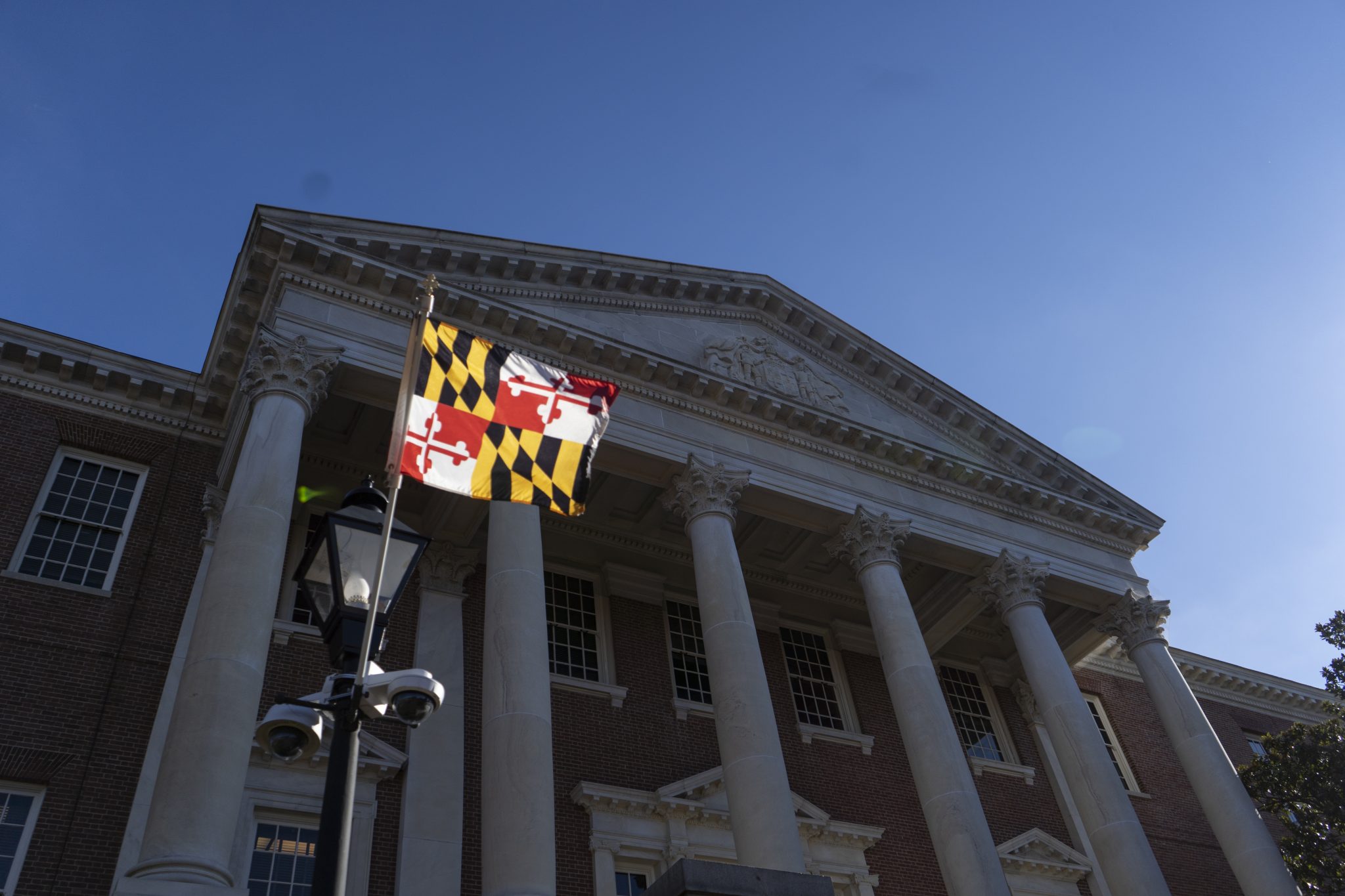A bill in the Maryland General Assembly that has become one of Gov. Wes Moore’s priorities would establish a service year option program for high school graduates in the state.
Throughout Moore’s campaign for governor, he emphasized expanding civil service in Maryland. Now that he is in office, Moore is trying to follow through on this promise through the Serving Every Region through Vocational Exploration Act, or SERVE Act, which would pair young people who have earned a high school diploma, GED or similar within two years of graduation with a public or private sector employer and pay them to spend a year giving back to their community.
Maryland’s newly-created service and civic innovation department would create partnerships between young adults and employers as part of the service year program.
If the SERVE Act passes without amendments, up to 200 people will have the opportunity to participate in the program’s first year. By its fourth year, the program’s capacity will increase to up to 2,000 people.
During the bill’s hearing in the state Senate on Feb. 22, Moore emphasized that the program will help youth gain skills to help them in their future education and careers.
[South Asian leaders in Maryland hope to inspire a new generation of politicians]
“It will provide young people of every background and of every single jurisdiction within the state the opportunity to both serve the state but also to gain real world experience and real world skills,” Moore told the education, energy and environment committee.
A 2020 study by ICF — a global advisory and technology services provider — found that for every $1 of federal funds invested in national service organization AmeriCorps, $17 is returned to the government, members of the service programs and society.
In 2016, Maryland lawmakers created Maryland Corps, a program with similar goals to the one Moore is proposing. However, this program was dormant under Former Gov. Larry Hogan.
Moore told The Baltimore Sun he would like Maryland Corps and his service year program to operate together under a new department. State Senate President Bill Ferguson expects some of the provisions of Maryland Corps to be incorporated into the new program, according to The Baltimore Sun.
Several national service year programs, including AmeriCorps, also already exist. Nathan Dietz, an associate research professor at the University of Maryland’s public policy school and a senior researcher at the university’s Do Good Institute, thinks aspects of Moore’s program were likely based off of these national programs.
[Maryland bill would legalize medical aid in dying]
Dietz, who previously worked for AmeriCorps for almost 10 years, said he appreciates how Moore is making service years a priority.
“Those of us with that kind of professional background, we’re really excited to see that … he was rolling it out in the earliest days of his administration,” Dietz said.
Paul Brown, an associate clinical professor and the director of the Civic Innovation Center at this university’s public policy school, thinks Moore’s bill will pass due to the nonpartisan nature of service years. Both parties can see opportunities in the legislation, he said.
In the House of Delegates, the SERVE Act has three Republican co-sponsors.
Maryland is already leading the country in terms of civic engagement, according to Brown. It’s the only state with a mandatory service learning graduation requirement and multiple jurisdictions that allow young people under the age of 18 to vote in municipal elections, he said.
“[Moore is] building on a foundation,” Brown said. “If this model really works in this state, it can be a national model for how to bring people together for a common purpose.”



